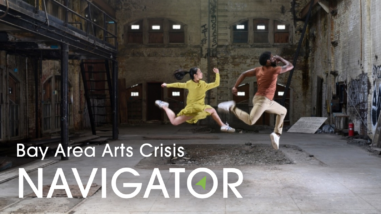Tides Center
For The Western Clean Energy Campaign
-
Amount$30,000
-
Program
-
Date Awarded7/23/2013
-
Term12 Months
-
Type of SupportGeneral Support/Program
Strategies
About the Grantee
Grantee Website
www.tides.org



